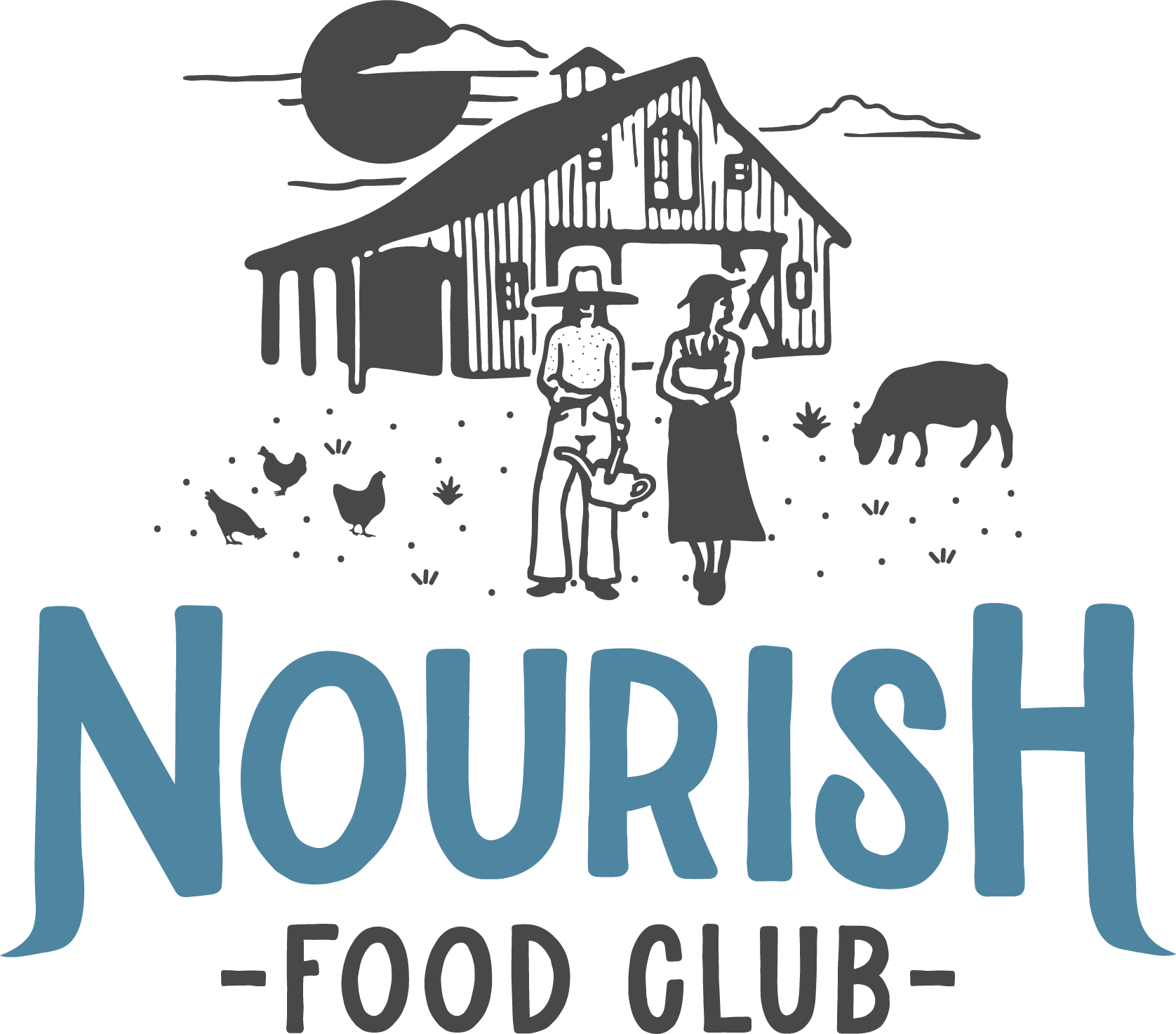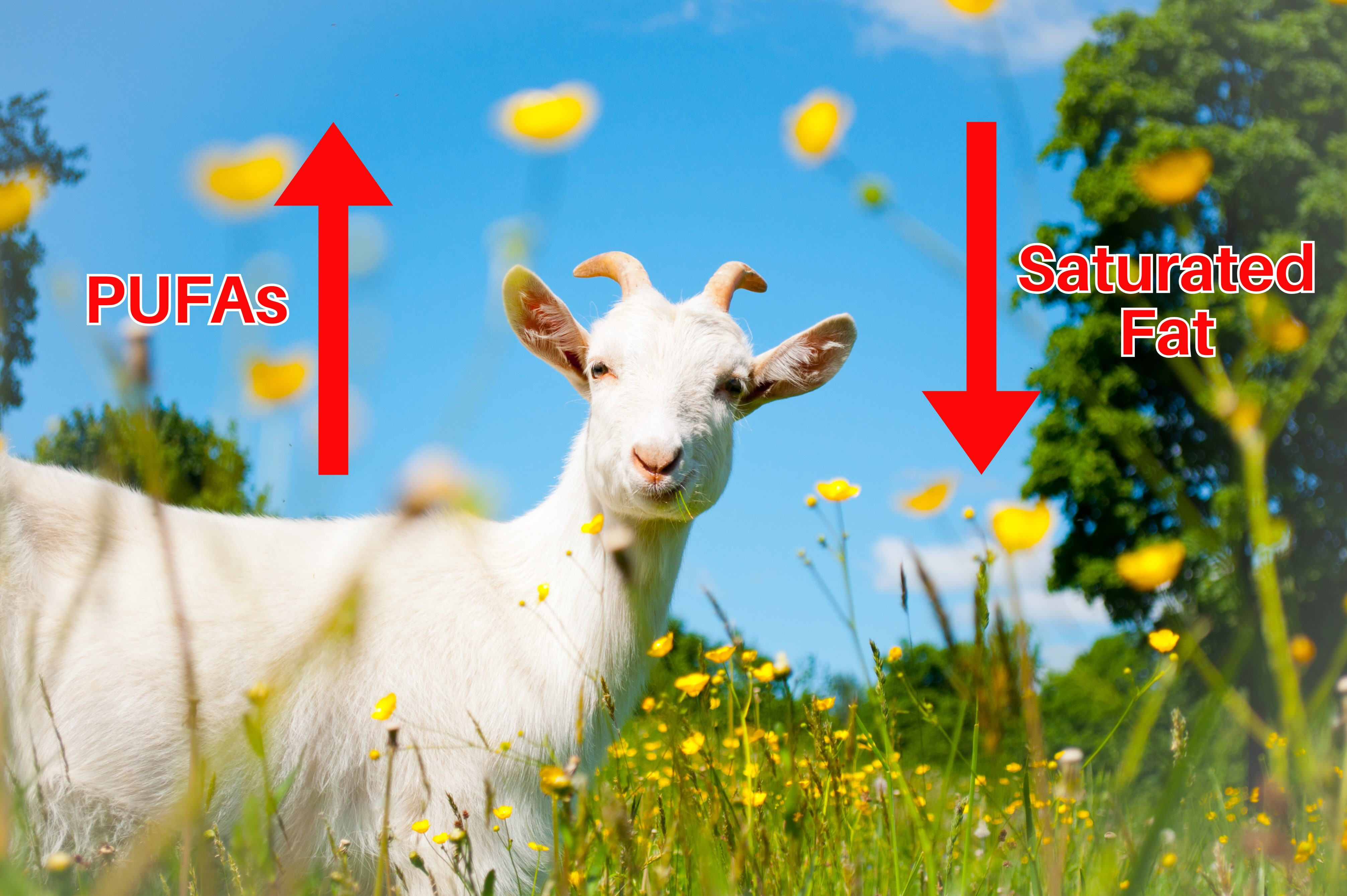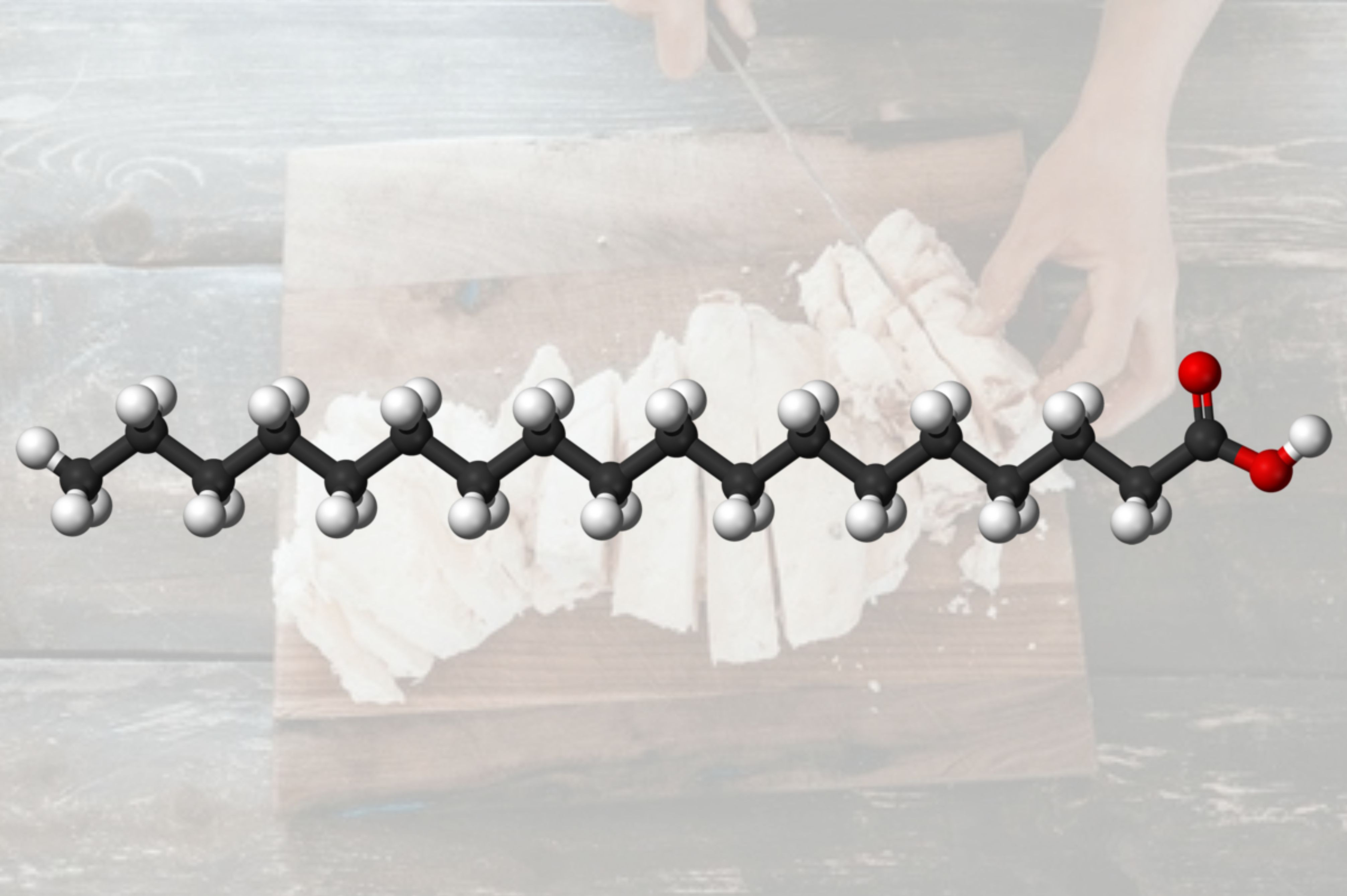The Science Behind Low-PUFA Diets and Sustainable Eating
posted on
January 8, 2025
This interview features repeat guest Ashley Armstrong, cofounder of Angel Acres Egg Co., which specializes in low-PUFA (polyunsaturated fat) eggs, and the Nourish Cooperative, which provides low-PUFA pork, beef, cheese made with natural animal rennet, A2 dairy, and traditional sourdough. She’s also a contributing author to this newsletter once a week.
Armstrong and her sister, Sarah, are strong advocates of the late Ray Peat’s work, a biologist and pioneer of bioenergetic medicine. It transformed both of their lives, and she shares some of that story in this interview. We also clear up some of the confusion surrounding these principles which, rather radically in some cases, differ from what I’ve previously taught and what many in the field of nutrition teach today.
STORY AT-A-GLANCE
- Ashley Armstrong, co-founder of Angel Acres Egg Co., advocates for low-PUFA dietary options and draws inspiration from Ray Peat's bioenergetic medicine, challenging conventional nutrition teachings
- Through personal health struggles, Armstrong discovered the importance of monitoring metabolic markers like body temperature. By shifting from restrictive diets to a metabolism-focused lifestyle she was able to regain her health
- Cellular energy is the cornerstone of health, and low-carb diets fail to provide adequate fuel for optimal energy production and cellular function
- High-PUFA diets promote ill health. Avoiding PUFAs such as linoleic acid (LA) and limiting your omega-3 intake is an important first step, as all PUFAs are highly susceptible to oxidation and disrupt glucose metabolism
- Other key contributors to low metabolism and suboptimal energy production are estrogen and xenoestrogens from plastic, endotoxins and electromagnetic fields
Energy Production Is at the Heart of Health
“Health is too complicated for people these days,” Armstrong says. “My purpose in the health space is to uncomplicate things, like, take a step back and really make people reflect, ‘Do these things make sense?’ You don’t need to go plunge into cold ice water baths every single day to get optimal health. That doesn’t make sense. We don’t have to go to these extremes to achieve health.
There are many things working against us. The food system is working against us, our environment is working against us, that’s for sure. But in pursuit of health, people are often drawn towards extremes because people promise quick fixes. And I understand the idea of a quick fix is very enticing. But we have to understand that quick fixes often come with long-term consequences.
So, if something in the short-term may feel great because it may suppress a symptom, if we aren’t in tune with our health, that could come with long-term consequences. And this is where we see a lot of people today. They may have made a dietary switch away from the standard American diet, which is always a great first step. But if we aren’t in tune with metabolic markers, we could be going down the wrong path.”
Once you’ve studied molecular biology, there’s no other rational conclusion than your ability to create energy in your mitochondria is the primary, foundational key to optimal health. Every cell in your body requires energy to perform their intended function, and when energy is insufficient, ill health is the result. So, the foundational cure to every disease is plain enough. It’s to optimize cellular energy production. The question is how.
Fats Inhibit Optimal Metabolism
Like many, I used to believe glucose was an inferior fuel to dietary fat, when in fact it’s the complete opposite. Similarly, while many understand that processed foods aren’t good for you, most lay the blame on sugar, when in fact it’s the seed oils that do most of the harm.
Sure, refined sugar in high amounts is not healthy, but even refined sugar isn’t as bad as polyunsaturated fats (PUFAs) and to a slightly lesser degree, monounsaturated fats (MUFAs). After delving deep into Peat’s work, it’s clear that eliminating seed oils is a key measure for optimal health.
This includes not only oils from seeds but also all types of whole seeds and nuts, including macadamia nuts. I previously recommended macadamia, as they’re low in LA. However, they contain substantial amounts of oleic acid, a MUFA, which is nearly as damaging as LA thanks to its unsaturated nature, characterized by the double bonds in its chemical structure.
Even omega-3 can be problematic in high amounts. The reason? Because, like LA, it’s a PUFA. What makes PUFAs so problematic is their double bonds, which make them prone to oxidation. The omega-3 alpha linolenic acid (ALA) has three double bonds, eicosatetraenoic acid (EPA) has five, and docosahexaenoic acid (DHA) has six. For comparison, LA only has two.
All three omega-3’s are known for their strong anti-inflammatory effects, which are instrumental in preventing and managing conditions like cardiovascular diseases, arthritis, and other inflammatory conditions.
However, because omega-3 fats are highly unsaturated, they’re also highly susceptible to oxidation, which can lead to the formation of harmful free radicals that contribute to oxidative stress and cellular damage. So, like other PUFAs, they can have a negative effect on glucose metabolism when taken in excessive amounts.
As explained in far greater detail in previous articles, if you eat too much dietary fat, your body ends up favoring fat metabolism at the expense of glucose metabolism, and burning glucose in your mitochondria is the pathway that creates the greatest energy production. So, excessive fat intake actually results in suboptimal energy production.
Simplify, but Remember That the Devil’s in the Details
Indeed, one key simplification that will take you a long way is to ditch all processed foods and only eat real food, meaning whole, minimally processed food. The next step is to fine-tune your food choices by understanding that how a food was grown, raised, or made, affects its nutrition and ability to promote health.
Take cheese for example. As Armstrong details in “Genetically Modified Ingredients in Most US Cheeses,” cheese made with GMO rennet is nothing like cheese made with traditional animal rennet.
Similarly, while olive oil has a long history of veneration, most olive oil sold today is adulterated with cheap seed oils, and even if you find unadulterated oil, its high oleic acid content still makes it inadvisable to consume it in high amounts.
If you want to optimize your health, sourcing your food wisely is a primary concern. Farms and farmers have been under assault for some time, and the pressure to get big or get out is only getting worse. Between 2007 and 2020, 200,000 American farms closed.
Ashley is on a mission to reclaim the food system back to its original, where farmers are paid an honest wage to produce food the right way, so that the food provides the nourishment it’s supposed to and none of the toxins. Angel Acres Egg Co. and the Nourish Cooperative are just the start.
We’re getting more farmers into the system,” Armstrong says. “We're slowly growing, but I'm not going to push Mother Nature, because then we would just be a confinement operation …
In terms of my journey, step one was learning about metabolism. Then, once I learned about metabolism, I was like, okay, the body has to have the right food to fix itself. The body will if you give it the tools it needs. It’s designed to regenerate. And in pursuit of the highest quality foods, I couldn't find what I was looking for, so then we were like, ‘Let's just start a farm.’
And then, realizing that being a farmer is very hard, and the current conventional system is designed such that the big agriculture companies make a ton of money, and farmers make very little, and so of course quality is compromised. To survive financially, you have to do these other things.
Over 85% of farmers have to have an off-farm job to support their farm. They're all doing the best that they can, given the current structure, but no farmer is incentivized to do things that are beneficial for health. They’re incentivized purely by yield.
If you can't find a good food source, it is hard to be healthy. But when you do find a good food source, supporting them as often as you can and giving your body those tools, that's how your metabolism is going to heal. And, truthfully, I think one of the biggest things that I have realized along my health journey is that where you source your fats is the most important.
Because the fats that you consume dietarily, they don't just they serve as structural components inside your body that impacts function. They also serve as energy, because some parts of your body use fat for fuel. They also serve as signaling molecules.
When LA is broken down, it produces these metabolites and those are serving as signaling molecules telling your body certain things. When a squirrel goes into hibernation and increases PUFA consumption, all these metabolites signal to the body, ‘Oh, it's hibernation mode, let's downregulate metabolism.’
That's happening across America. Americans are entering hibernation mode, because our food system has shifted from higher saturated fat to higher polyunsaturated fat, because that's what U.S. Dietary Guidelines is telling people to do …
America spends the least amount of money on our food relative to other countries. I think that's represented in how our farmers are compensated, and I think that it's going to take farmers being paid more to make a big shift in the food system.”
So, a comprehensive answer to poor public health is twofold. First, we need to educate people about the bioenergetic implications of foods, and second, we need to change how food is grown and produced. Armstrong and I are dedicated to facilitate both of those things.



